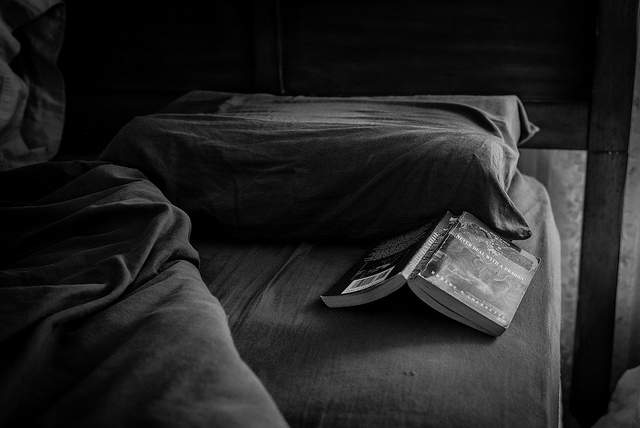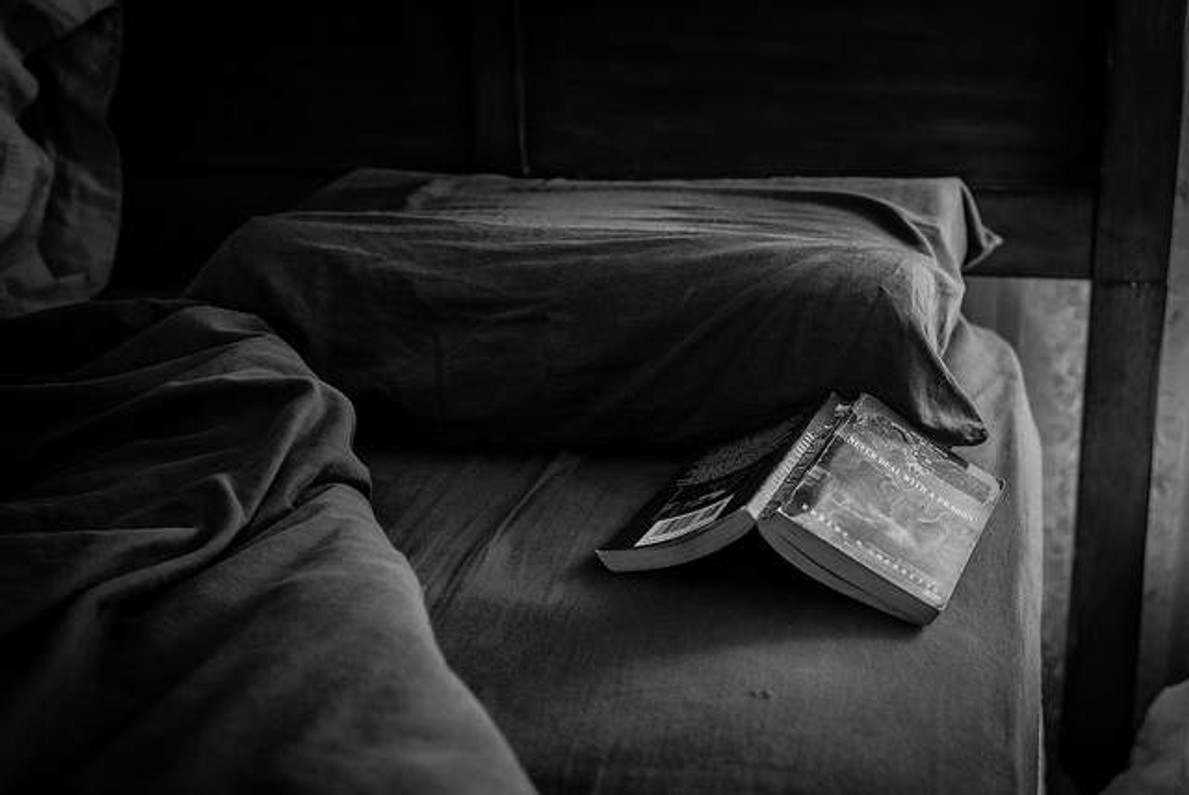Global Sleep Crisis is Serious Health Hazard, Says Researchers

How much sleep do you get in a typical night? According to a new study, sleep deprivation is a pressing threat to the health of millions of men and women throughout the world. Health experts have long advised adults to get a minimum of seven to eight hours of shut eye per night, yet many people fall well short of this amount, placing them at a greater risk for disease and illness.
For the study, researchers analyzed the sleeping habits of people in 100 countries, including Germany, Australia, New Zealand, Japan, Brazil, as well as smaller, less developed nations. Researchers discovered that certain cultural pressures were likely to affect the amount of sleep adults received, more so than the circadian clock. In other words, people are going to bed later at night, even though their body's natural sleep-wake clock is telling them to wake at the same time every morning.
So, what's the big deal with getting five or six hours of sleep instead of the recommended eight? Sleep affects nearly every aspect of human health, ranging from energy levels and mood to immune system function and muscle development. When you don't get enough sleep at night, you'll wake the following morning feeling tired and exhausted. More so, however, you'll have slower reaction times, which can be downright dangerous for workers in certain occupations (e.g. transportation and driving).
"Sunrise, sunset, and light exposure do have marked effects on sleep timing,” wrote the study's researchers. “Biological cues around bedtime are either weakened or ignored for societal reasons, thereby leading individuals to delay their bedtime and truncate their sleep duration as a result.”
But getting a full seven to eight hours of sleep per night is easier said than done. If you struggle to fall asleep and/or stay asleep at night, here are some tips to help:
- Remove any and all distractions from your bedroom. This includes the television, radio, smartphone, and even light shining through the windows. Your bedroom should be as quiet and dark as possible.
- Avoid drinking alcoholic caffeinated beverages for at least four hours before you intend to lie down.
- Try increasing your physical activity levels throughout the day. Exercising and staying active will make it easier for your body to fall asleep at night.
- Perform deep breathing exercises to reduces stress and anxiety while subsequently promoting a better night's sleep.
This study was published in the journal Science Advances.
Recent Posts
-
Fire Safety in the Workplace: What You Need to Know
What steps are you taking to prevent fires in your workplace? According to the U.S. Occupational Saf …Aug 23rd 2023 -
Is It Safe to Go Jogging With a Cold Infection?
If you're suffering from a cold infection, you might be wondering whether it's safe to go jogging. T …Aug 22nd 2023 -
5 Safety Tips to Follow When Using a Powder-Actuated Tool
Powder-actuated tools are commonly used to join materials to steel and concrete. Also known as Hilti …Aug 20th 2023




